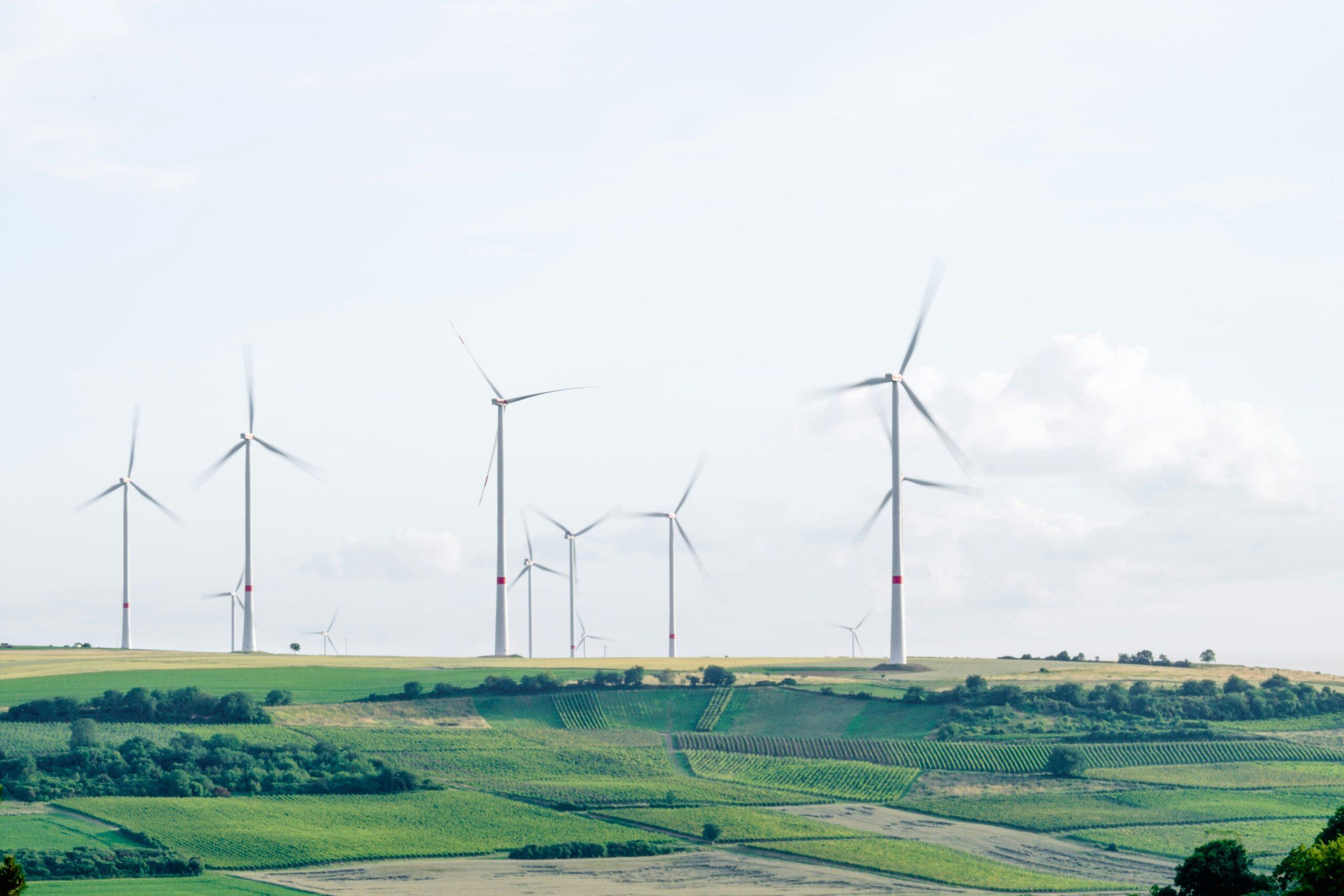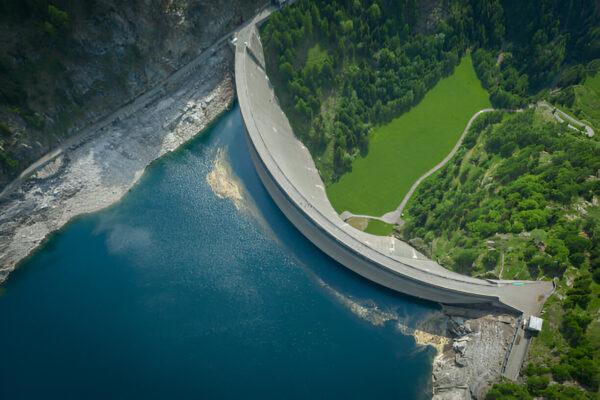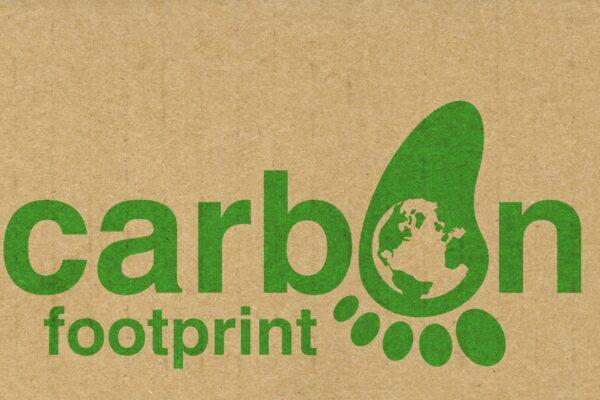Sustainable energy is at the heart of achieving Sustainable Development Goal (SDG) 7, which calls for “Affordable and Clean Energy for all.” In today’s world, the importance of access to sustainable, reliable, and modern energy is more critical than ever. Energy drives economic growth, social development, and environmental sustainability. However, despite its importance, nearly 770 million people worldwide still lack access to electricity, according to the International Energy Agency (IEA). This underscores the urgency of promoting sustainable energy solutions to ensure a sustainable future for all.
Read another articles : Technology in Sustainable Busines
In this blog, we’ll explore the significance of sustainable energy, the global challenges, and how the transition to renewable energy and energy efficiency measures is essential in addressing climate change and fostering social and economic development.
Table of Contents
ToggleThe Growing Demand for Sustainable Energy
The demand for sustainable energy has surged due to the increasing global population and industrialization. By 2050, the global energy demand is expected to increase by nearly 50%, according to the U.S. Energy Information Administration (EIA).
Renewable energy sources such as solar, wind, and hydroelectric power are being integrated into national grids to reduce dependency on fossil fuels. Governments and businesses are investing heavily in clean energy solutions, with global investment in renewable energy reaching $366 billion in 2021, as reported by BloombergNEF.
It means that the global shift toward sustainable energy is both necessary and inevitable. As energy demand continues to rise due to population growth and industrialization, relying on fossil fuels alone is unsustainable. The integration of renewable energy sources into national grids highlights the importance of transitioning to cleaner alternatives to ensure long-term energy security and environmental sustainability.
Economic Implications of SDG 7
The transition to sustainable energy is not just an environmental necessity but also an economic opportunity. The renewable energy sector has created millions of jobs worldwide. According to the International Renewable Energy Agency (IRENA), the sector employed approximately 12.7 million people in 2022, with solar photovoltaic leading the way. Businesses are also recognizing the financial benefits of investing in clean energy. Companies like Tesla, Siemens, and Vestas have been at the forefront of energy innovation, demonstrating that sustainability can drive profitability and long-term growth.
Challenges in Achieving Universal Energy Access

Despite significant progress, major challenges remain in achieving universal access to sustainable energy. Many developing countries still struggle with inadequate infrastructure and high investment costs for renewable energy projects. The World Bank estimates that an annual investment of $35 billion is needed to ensure universal electricity access by 2030. Additionally, geopolitical factors, market volatility, and policy inconsistencies pose obstacles to a smooth transition to sustainable energy solutions.
all we can do is strengthen international collaboration, encourage innovative financing mechanisms, and implement policies that support renewable energy adoption. Governments, businesses, and global institutions must work together to provide financial and technical assistance to regions with limited energy access. Public-private partnerships can help bridge the investment gap by making renewable energy projects more viable and scalable.
The Role of Technology for SDG 7
Technology serves as a key driver in accelerating progress toward Sustainable Development Goal 7 (SDG 7), which aims to ensure access to affordable, reliable, sustainable, and modern energy for all. Innovations in battery storage are enhancing the capacity and reliability of renewable energy sources, enabling efficient energy storage and distribution even in remote areas. The development of smart grids is revolutionizing energy management by enabling real-time monitoring, reducing transmission losses, and optimizing power distribution.
Furthermore, advancements in energy-efficient appliances are significantly lowering energy consumption, making sustainable energy solutions more accessible and cost-effective for households and industries alike. Cutting-edge technologies such as artificial intelligence (AI) and the Internet of Things (IoT) are playing a transformative role in optimizing energy distribution, predicting demand patterns, and reducing overall energy waste. AI-powered analytics improve grid reliability by detecting and addressing inefficiencies before they escalate into major disruptions. Meanwhile, IoT-enabled devices facilitate automated energy management, helping consumers and businesses minimize their carbon footprint.
Future Prospects of Affordable and Clean Energy
Looking ahead, achieving Sustainable Development Goal 7 (SDG 7) will require not only continuous investment but also strong policy frameworks and international collaboration to facilitate a just and equitable energy transition.
Governments must implement long-term policies that encourage renewable energy adoption, while businesses and investors play a crucial role in funding innovative technologies and infrastructure development. And the most important point is ensuring that the transition to clean energy benefits all, particularly marginalized and developing communities. This will be essential in preventing energy inequality. Strengthening global cooperation through knowledge-sharing, financial aid, and technology transfer will help accelerate progress, making sustainable energy more accessible, reliable, and affordable for future generations.
For businesses that aim to take immediate action, now we have Satuplatform.com as an all-in-one solution who provides you with environment and carbon consultancy. Try our FREE DEMO now!
Similar Article
Dilema Biomassa: Transisi Energi Berkelanjutan atau Perusakan Lingkungan?
Dalam upaya mencapai target net-zero emission pada 2060, Indonesia mendorong transisi energi dari bahan bakar fosil ke sumber energi terbarukan.…
Energi Terbarukan di Indonesia: Mengapa Surya dan Hidro Menjadi Pilihan Utama?
Sebagai negara kepulauan terbesar di dunia, Indonesia menghadapi tantangan besar dalam memenuhi kebutuhan energinya. Di tengah komitmen untuk mencapai net…
Emisi Karbon Penerbangan Meningkat: Tantangan Baru bagi Industri Aviasi
Emisi Karbon Sektor Penerbangan Setelah mengalami penurunan drastis selama pandemi COVID-19, industri penerbangan global kini menunjukkan pemulihan yang signifikan. Namun,…
Adaptasi Bisnis di Era Krisis Energi
Pasokan bahan bakar menjadi semakin terbatas, dengan harga yang melambung tinggi, merupakan salah satu bukti bahwa dunia sedang mengalami krisis…
The Environmental Impact of Silicones in Beauty Industry
In an era when sustainability has become a defining trend across industries, the beauty sector does not want to be…
Unveiling the Environmental Footprint of Vaping Culture
Over the past decade, vaping has been marketed as a cleaner alternative to traditional smoking. The trend of e-cigarettes and…







